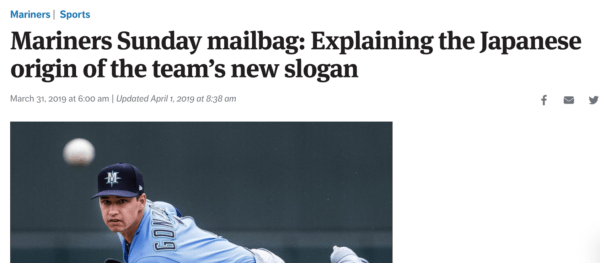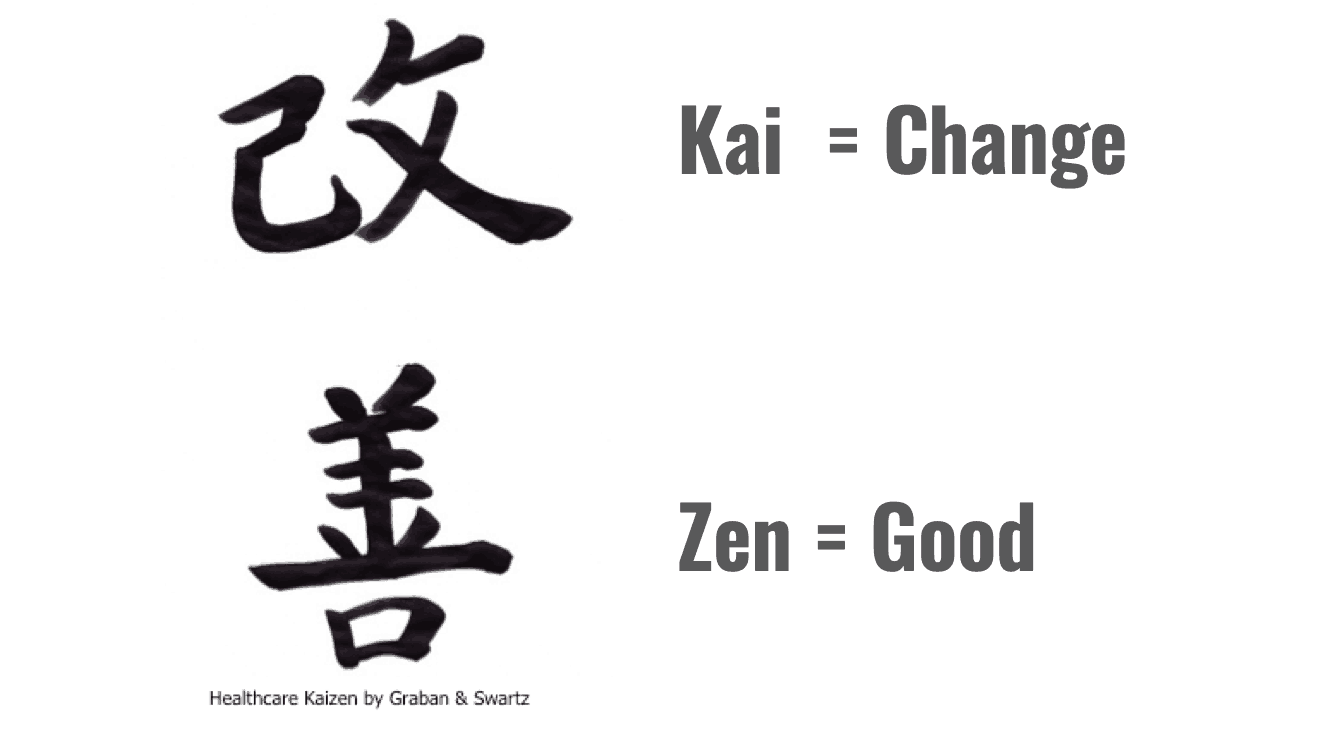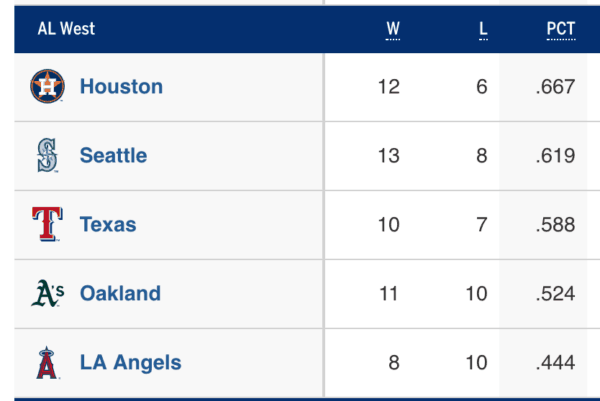Here is an interesting article that a few people pointed me toward the other day about the Seattle Mariners team:
Mariners Sunday mailbag: Explaining the Japanese origin of the team's new slogan

“Manager Scott Servais does have a mantra each year for the team, which is supposed to serve as a reminder of their purpose and responsibility…
This year, Servais chose a Japanese word: Kaizen.
An avid reader, Servais got it from a book by Masaaki Imai called Kaizen: The key to Japan's competitive success.”
Last year's mantra was “good.” This year's mantra, kaizen, is sometimes translated literally to mean “good change.”

The Seattle Times article explains:
“Loosely translated, kaizen means a philosophy of continuous improvement.”
In my experience, there is philosophy, but there are also a set of specific practices and there's a methodology. Does the team manager actively solicit ideas from the players and other coaches? Are the players empowered to test ideas (during practice sessions or during games) to see if the change is really an improvement?
Hear Mark read this post — subscribe to Lean Blog Audio
So the team has a mantra or a slogan… I mean, shouldn't every team be trying to improve? Shouldn't every player be trying to improve?
The manager says:
“I didn't really know what kaizen was until a couple of months ago. It makes sense. We are trying to get better. It's a daily process to continue improvement. It's something from the Japanese culture and we are going to Japan and we have Japanese players so why not? We'll talk a little bit about it today, but it will be ongoing. It's where we are at as an organization. We are not afraid to try some new things. Certainly we've had a lot of change with our roster and our coaching staff and how we are going about it. So we are going to have a little fun with it.”
So, I'd be curious to learn more what their “process” is, beyond a goal, hopes, and a slogan.
What ideas would players have — about the way they play the game, their strategies and tactics, how the team is run (like how travel is managed), things like that??
Kaizen is a Japanese word, but the philosophy and practice is by no means limited to Japanese companies. Not every Japanese company has that “kaizen culture” necessarily, either.
It seems like they are in the very early stages of understanding and practicing kaizen. I wish them well in this exploration. The Mariners are, at this writing, in second place in the AL West, with a 13-8 win/loss record.

As a “Throwback Thursday” item, here is a post that I wrote in 2015 about my alma mater, Northwestern, and their “kaizen” philosophy from the defensive coordinator:
Please scroll down (or click) to post a comment. Connect with me on LinkedIn.
Let’s work together to build a culture of continuous improvement and psychological safety. If you're a leader looking to create lasting change—not just projects—I help organizations:
- Engage people at all levels in sustainable improvement
- Shift from fear of mistakes to learning from them
- Apply Lean thinking in practical, people-centered ways
Interested in coaching or a keynote talk? Let’s start a conversation.





![When Was the Last Time a Leader Around You Admitted They Were Wrong? [Poll]](https://www.leanblog.org/wp-content/uploads/2025/07/Lean-Blog-Post-Cover-Image-2025-07-01T212509.843-238x178.jpg)




Here is an article by our friend Ryan McCormack about a continuously-improving hockey player:
Winnipeg Jets Mark Scheifele Embodies the Principles of Continuous Improvement
Check out Ryan’s “Operational Excellence Mix Tapes” too.
The Mariners are in last place… lots of room for kaizen:
Even a first place team has room for improvement, though.